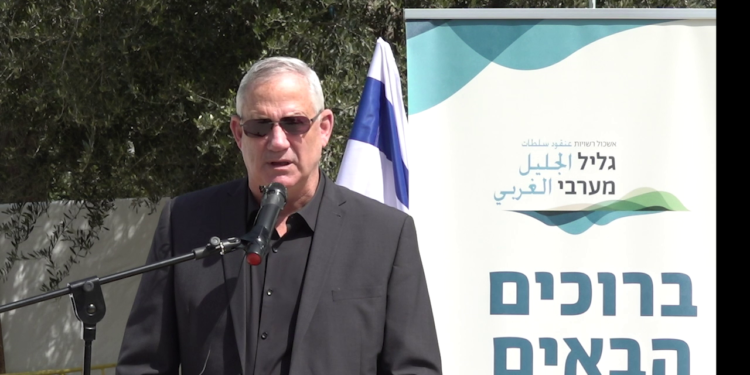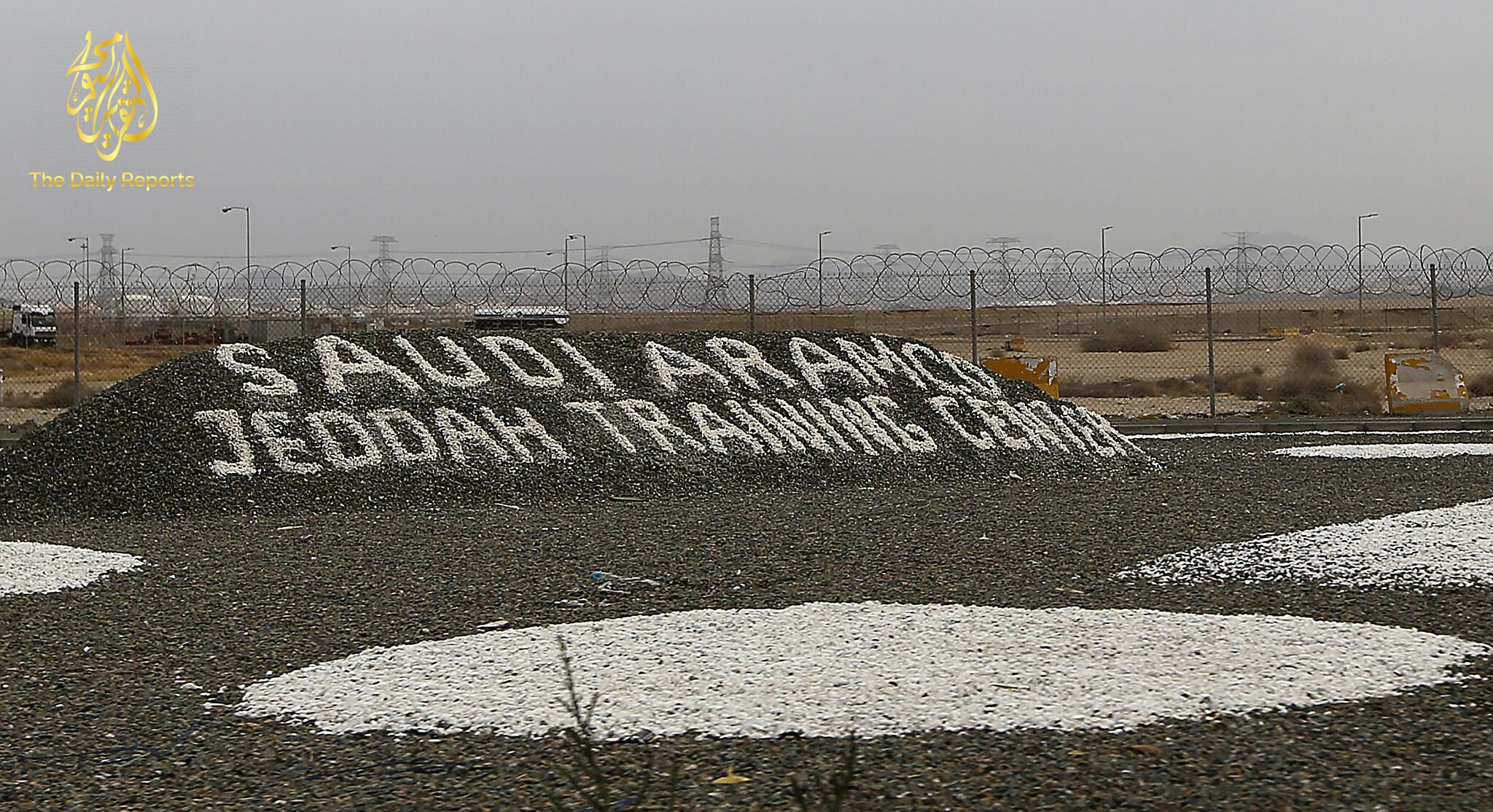Benny Gantz, the minister of defense, said that if Hezbollah attacked Israel, he would destroy Lebanon. However, he was optimistic about the upcoming maritime gas deal between Israel and Lebanon, saying that it was still on the table and could be done “within days.” (Gantz warns Hezbollah)
In interviews he gave on Friday to Israeli news stations, Gantz stated, “Negotiations are continuing.” He mentioned a deal mediated by the United States that would establish a maritime border in such a way that Israel would be able to extract natural gas from the Karish rig and Lebanon would be able to operate in the Kana gas field, which is nearby.
On Saturday night, Israeli media reported that Energean had received permission from the Defense Ministry to begin testing the Karish rig as soon as Sunday.
Israel has been warned by the Lebanon-based terrorist organization Hezbollah not to use the Karish gas field, and the IDF is prepared to respond severely in such a situation.
“Israel is ready to come to an agreement, but it is also determined to safeguard its economic and security interests. In light of this, Gantz stated in the interviews that were published on Saturday night, “I have instructed the IDF to be prepared for an escalation that does not necessarily need to occur.”
In terms of intelligence, offensive, and defensive operations in the north, Gantz stated that he had put the IDF on high readiness.
He sounded the alarm, saying, “If Hezbollah will make this mistake and attack Israel, in any way – by land, sea, or air – Israel will protect itself, attack them, and if it turns into something larger, we will destroy Lebanon.” Israel will defend itself and attack them.
However, he emphasized that reaching a deal with the government of Lebanon that would permit both nations to extract gas and take into account Israel’s economic and security interests was the primary goal. He asserted that Lebanon’s economy would also benefit from the deal.
“I think that in the end, if we come to an agreement with the Lebanese government, it will be good for both sides and for the stability of the region,” said one of the parties.
He stated that the talks are continuing and that Israel has commented on Lebanon’s response to the agreement.
He went on to say that the disagreements could be resolved in a matter of days, but that formal agreements could take longer.
The deal has been the subject of criticism from former prime minister Benjamin Netanyahu, who claims that the agreement is detrimental to Israel and that the current government has given in to all of Lebanon’s demands.
David Friedman, a former US ambassador to Israel, has backed up his statements.
Gantz denied Friedman’s claims that it was a bad deal and that Israel completely compromised its interests. He emphasized that it “preserves our security, stabilizes the region, and drives Iran out of the area.”
Gantz invited Netanyahu to a deal briefing at the Defense Ministry’s Tel Aviv headquarters on Saturday.
Friday, deputy spokesman Vedant Patel told the US State Department that the deal’s Special Presidential Coordinator, Amos Hochstein, “is in touch with the parties and continues to work to resolve outstanding differences as the negotiation enters a final phase.”
He stated, “We remain committed to reaching a resolution, and we firmly believe that a lasting agreement is possible and is within reach.” He was referring to the situation. (Gantz warns Hezbollah)
The French Ministry of Foreign Affairs stated that it was “actively contributing to American mediation with the goal of reaching an agreement that would benefit both countries and their peoples.” It would contribute to the region’s prosperity and stability.We request that all actors work on this.
Lebanon raised objections to a draft that had received initial approval from Lapid and Gantz, indicating that negotiations appeared to have broken down last week. Israel and Lebanon had both been hoping for a settlement.
One of the Lebanese demands that Lapid rejected was for the French petroleum giant Total Energy, which holds the license to develop the Kana gas field, to buy out the portion of the reservoir that is in Israeli waters. On the other hand, the proposal that Israel agreed to accept stated that Total would pay royalties to Israel for the gas that is extracted from its waters. This is according to a senior diplomatic source.
The security cabinet granted Lapid, Gantz, and Alternate Prime Minister Naftali Bennett authority to make decisions in the event of an escalation in the North shortly after Lapid’s decision was made public. Israel will defend its infrastructure regardless of the outcome of the negotiations, Gantz warned.
Gantz met with the heads of regional authorities in Israel’s north on Friday, after putting the IDF on alert due to the failure of the maritime negotiations with Lebanon.
Gantz spoke with them about the most recent developments and the preparations being made by the defense establishment, according to a statement released by his office.
According to the statement, “The defense minister emphasized that at this stage there are no special instructions for the home front” and “should they be informed in an orderly manner”
He talked to the head of the regional council in Kfar Vradim, the head of the regional council in Upper Galilee, and the mayors of Ma’alot Tarshiha, Nahariya, Kiryat Shmona, Katzrin, and other places.
Army Radio says that the heads of the local authorities told Gantz that “residents are not prepared for war” and that their communities did not have enough safe rooms.(Gantz warns Hezbollah)
There are approximately 244,000 Israelis living in the north, but many of them do not have access to bomb shelters or evacuation plans in case of war.
According to the report, they asked Gantz “not to get into unnecessary adventures” and said that his Thursday statement about preparing for escalations caused “unnecessary anxiety” for North residents.









